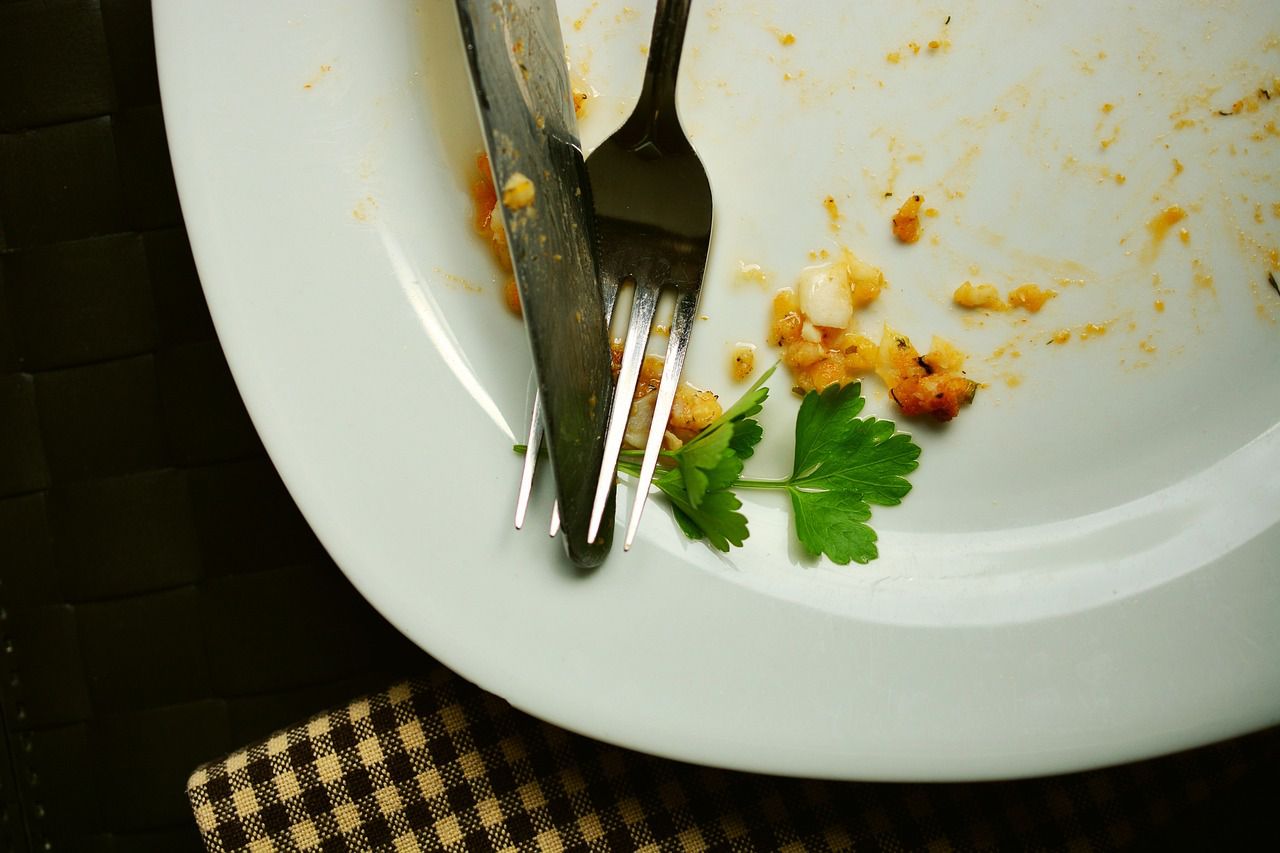Dirty dishes accumulate so quickly: Why you always have a pile of dishes to clean
Most people dislike cleaning their dishes, but sometimes they accumulate too quickly to ignore them.
Dirty dishes can accumulate quickly for several reasons, often tied to our daily routines, behaviors, and habits.
Here are some factors that contribute to the rapid buildup of dirty dishes.
Meal Frequency
The more often you cook and eat at home, the more dishes you'll generate.
If you have multiple meals and snacks throughout the day, dishes can pile up faster.

Cooking Complexity
Preparing meals that involve multiple ingredients, pots, and utensils can lead to a larger number of dirty dishes.
Lack of Time
Busy schedules can make it challenging to clean dishes immediately after a meal.
This can result in dishes being left unwashed, leading to a buildup.
Family Size
Larger households with more family members or roommates tend to generate more dishes due to the greater number of people eating and cooking.
Cooking from Scratch
Preparing meals from fresh ingredients typically requires more cooking utensils and equipment, contributing to more dirty dishes.
Home Office and Remote Work
With more people working from home, additional meals and snacks are prepared at home, leading to more dishes being used throughout the day.
Snacking Habits
Frequent snacking can result in multiple dish usages even between meals.
Lifestyle Changes
Life events such as guests visiting or changes in routine can disrupt your usual dishwashing routine, causing a quick buildup of dirty dishes.
